The advent calendars, Michael Bublé, and festive fanfare have all reminded us that Christmas was coming for the last three months, but in the Banhoek Valley we're releasing our advent calendar today. Instead of opening thin chocolates leading up to Christmas Day, we're offering far more tempting and indulgent treats in and around De Zeven. So even if you aren't currently with us, these are the things you can look forward to...
Stellenbosch Triennale: Reimagining Our Future Through The Lens of Art
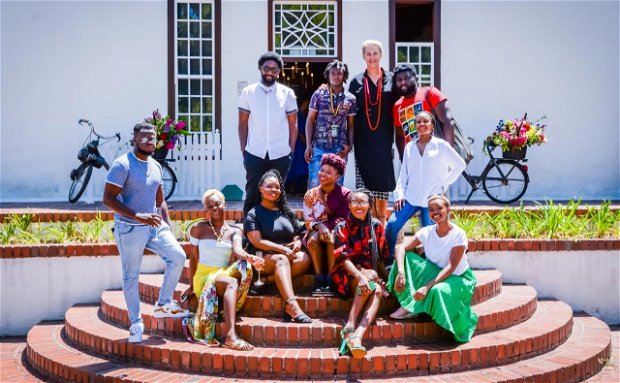
The patient art of wine making, culinary delights and traditional Cape Dutch architecture has historically been associated with the Stellenbosch creative scene; but with the start of a new decade comes a refreshing and necessary kind of artistic expression through the inaugural Stellenbosch Triennial. This exciting new art exhibition opened on 11 February and will be running until 30 April, transforming this old, historic town into a destination for multidisciplinary contemporary art from across the African continent.
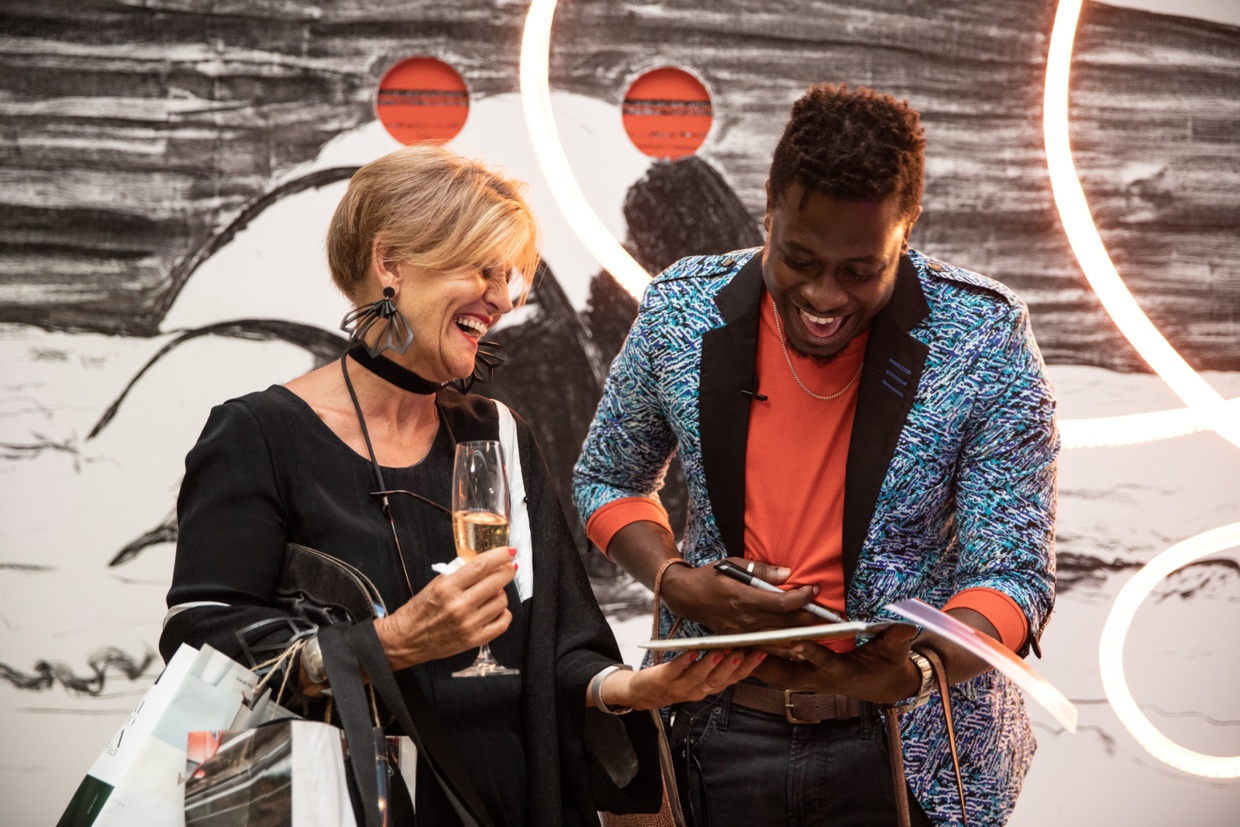
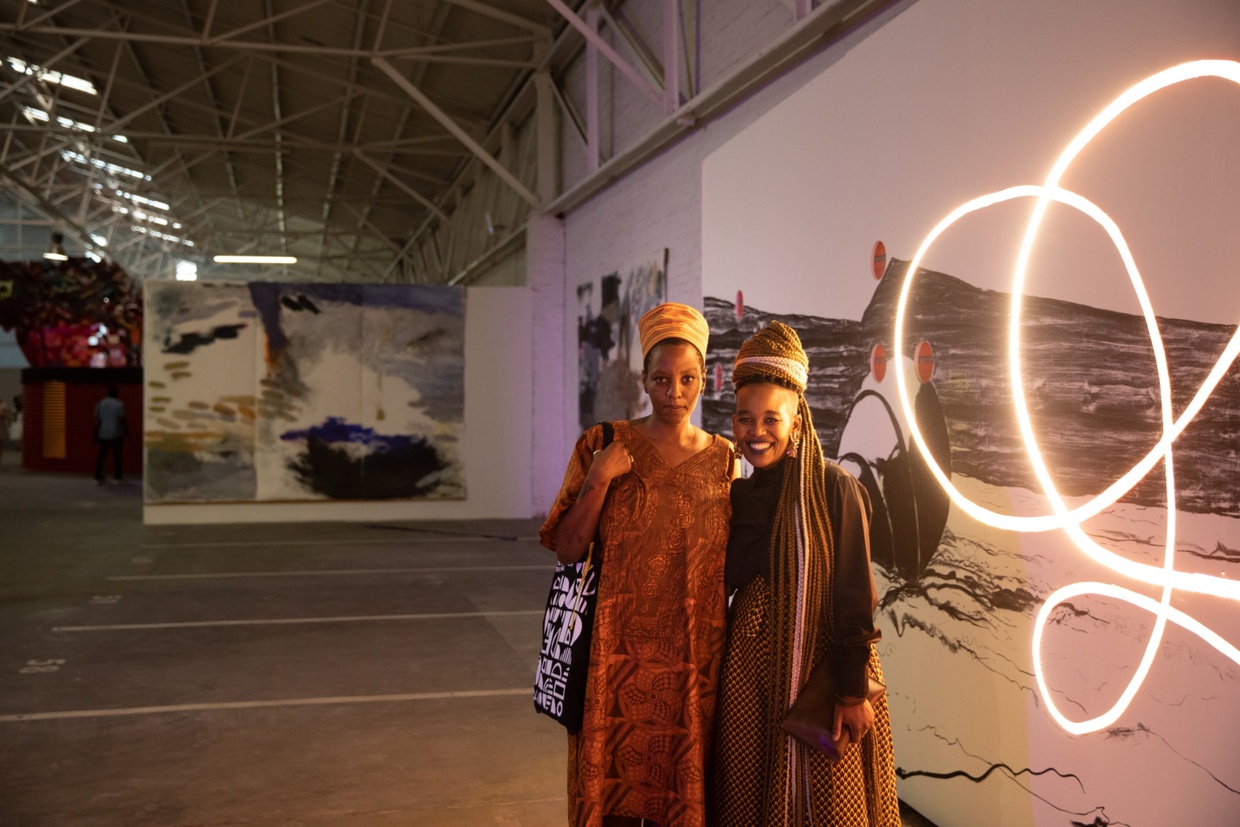 (Images: Stellenbosch Triennale Curators’ Exhibition Opening, Stellenbosch Triennale, 2020)
(Images: Stellenbosch Triennale Curators’ Exhibition Opening, Stellenbosch Triennale, 2020)
Chief curator Khanyisile Mbongwa hopes that through this exhibition we will be able to begin the process of healing through looking at the divided past, the collective present and the imagined future, by showcasing work from all over Africa for the world to see. “It takes public art in Stellenbosch to new heights in terms of its international reach, the scope and variety of the art to be showcased, as well as its intention to place creativity in critical dialogue with society.” (About | Stellenbosch Triennale, 2020).
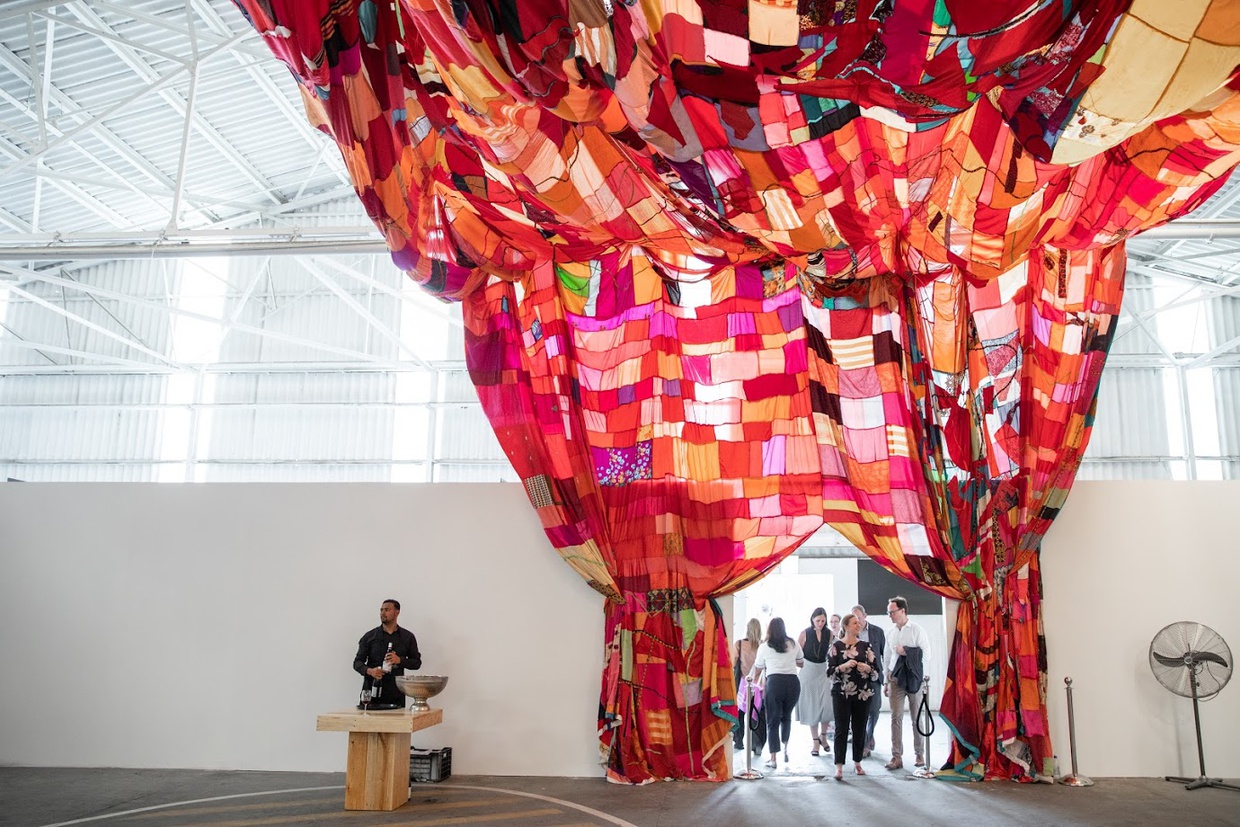 (Image: On the Cusp Exhibition, Stellenbosch Triennale, 2020.)
(Image: On the Cusp Exhibition, Stellenbosch Triennale, 2020.)
The Stellenbosch Triennale features installations, dialogues and film as a responsive medium to the shifting landscape of visual engagement. Artists are completely free to expand on these traditional visual art mediums in however way they want. Unlike most festivals in town, you won’t have to contend with traffic and limited parking as this exhibition is best enjoyed on foot, giving you time to reflect on the deeper messages and engage with different perspectives or narratives along the way. With a total of eight exhibitions spread over Stellenbosch, you can access the map and plan your route here: map.
With art, you can do anything, and the Stellenbosch Triennale is testament to this, paving the way forward and asking us to think about the other not through connections but through the complexities of division.
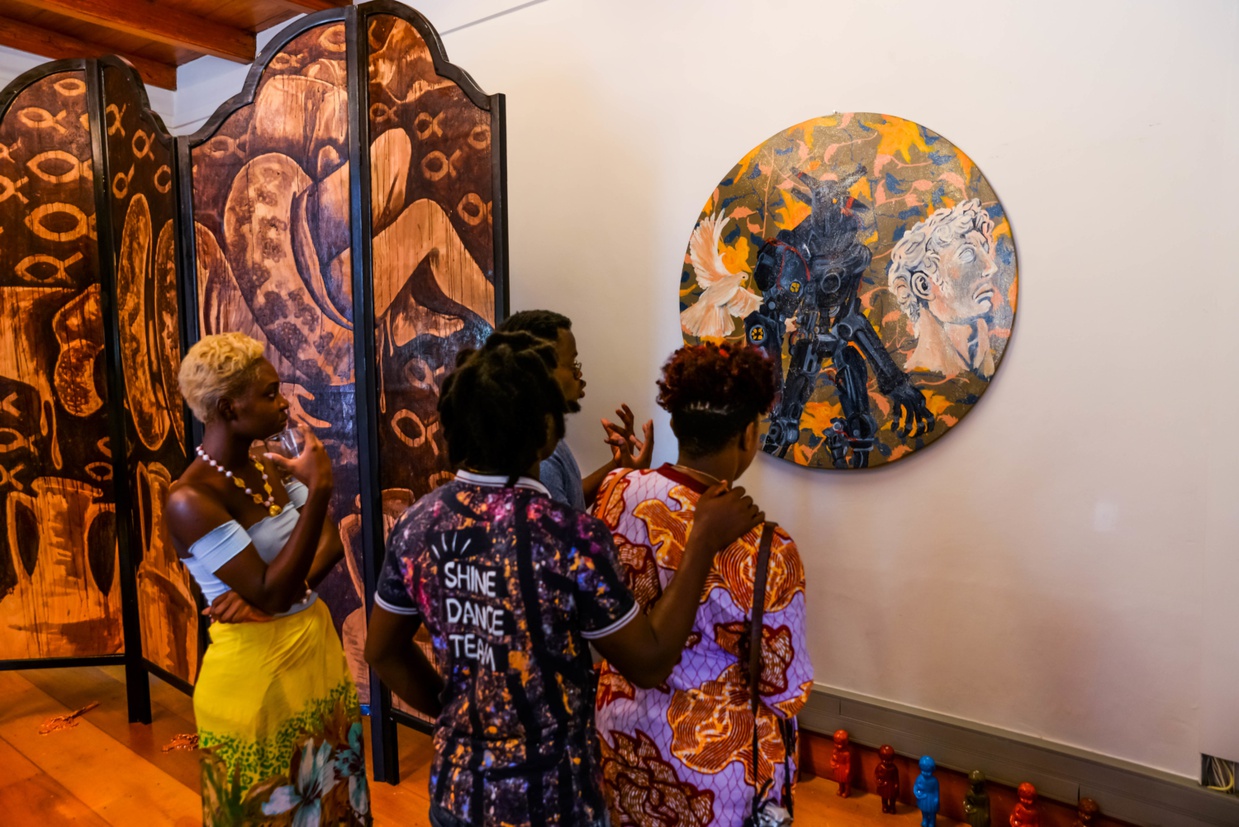 (Image: On the Cusp Exhibition, Stellenbosch Triennale, 2020.)
(Image: On the Cusp Exhibition, Stellenbosch Triennale, 2020.)
Further Reading
Dressing in the French colours of red, blue and white is just the start of what Bastille Day 2019 has in store.
For some, getting out of bed in winter can be a mountainous task by itself. Others will choose to literally head for the mountains and conquer the Stellenbosch MTB Challenge! If this sounds like you, why not mark down the weekend of 27 and 28 July in your winter diary, and let us help you create a specialised Wellness Weekend Retreat.


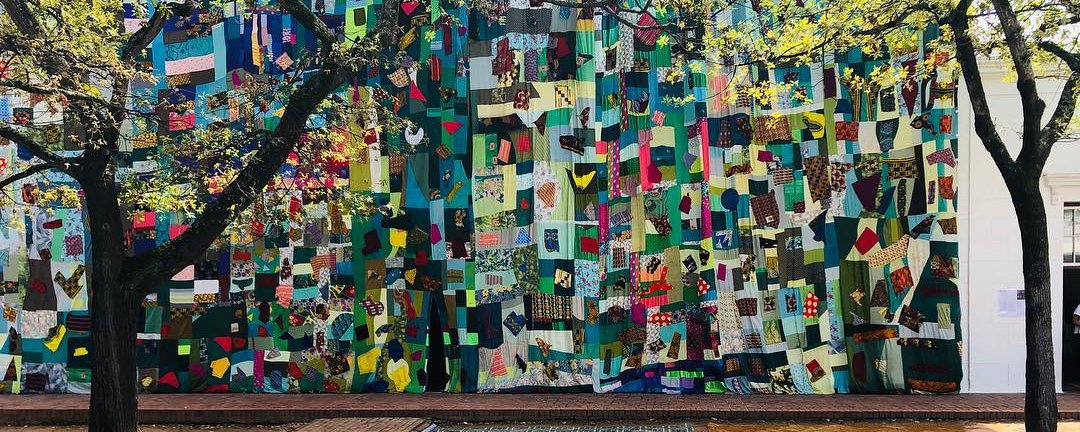
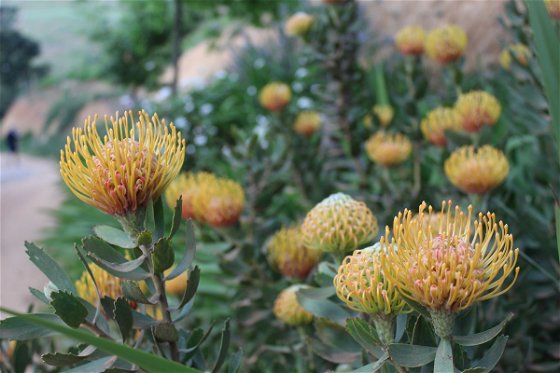
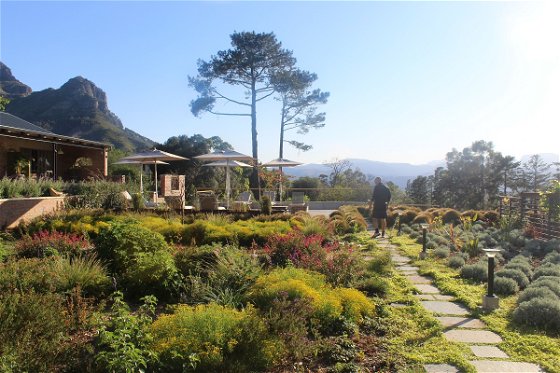
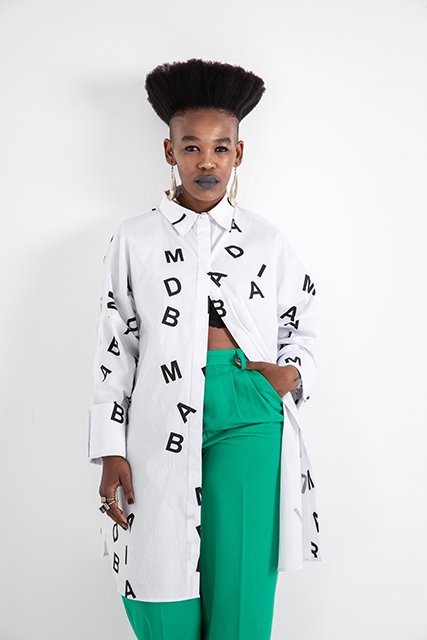
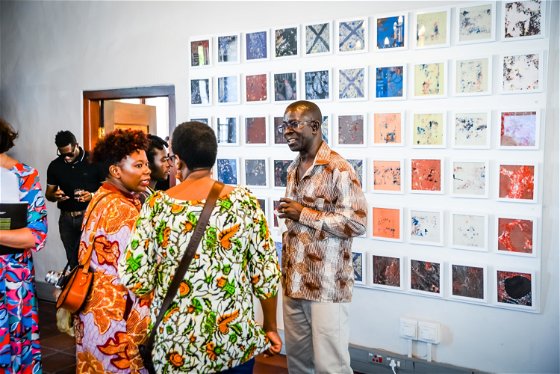
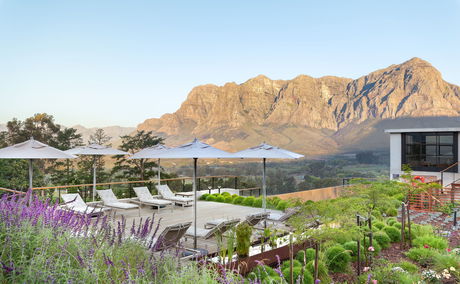
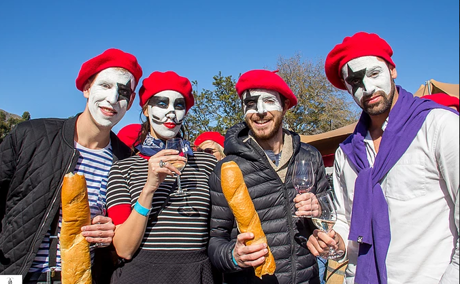
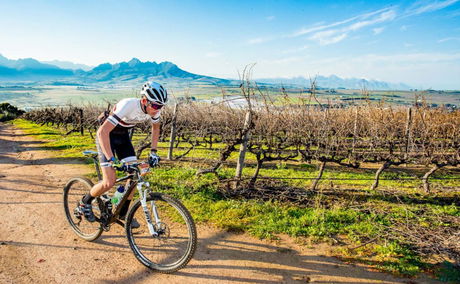
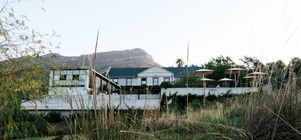
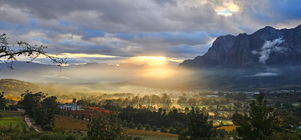
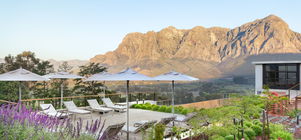
Share This Post